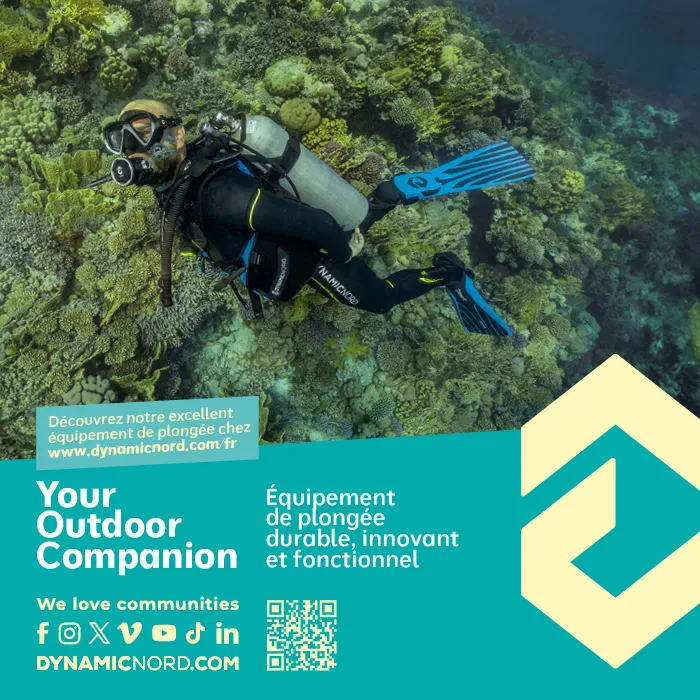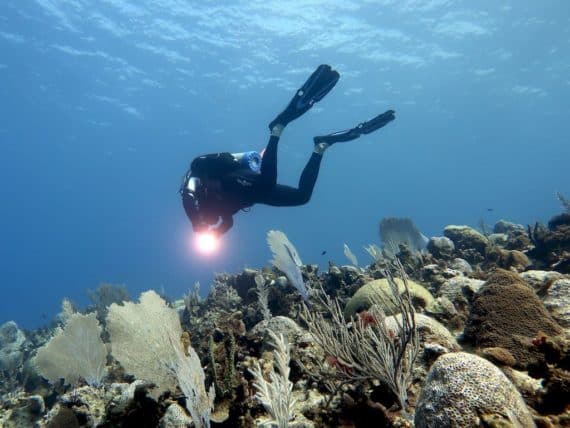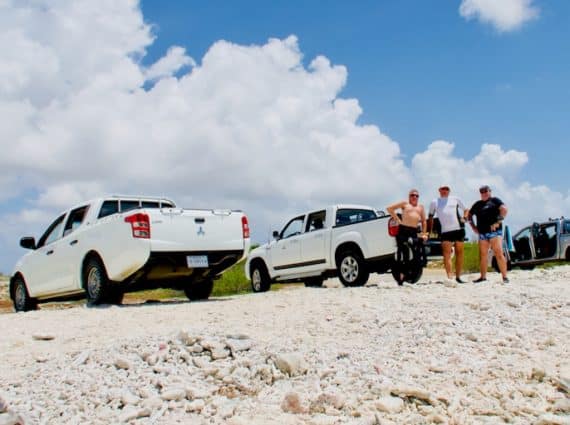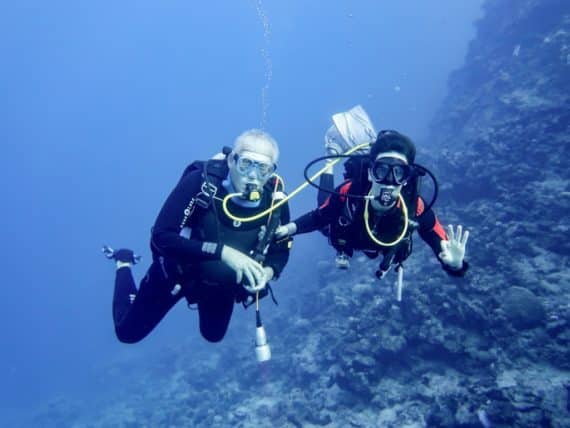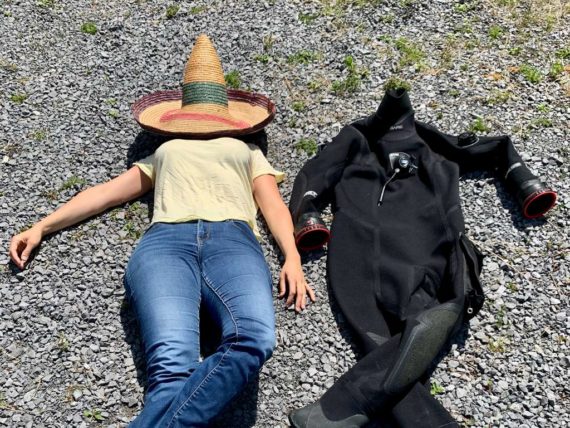Diving Accidents : Everything is fine, really?

Diving accidents
Every year, especially in the summer, the press reports cases of diving accidents. Some are unexplained
While prevention advice is spread around , it seems that this is not always enough to avoid certain incidents and/or accidents that could sometimes be avoided.
A few figures
As a reminder, some figures for diving accidents are mind blowing:
- 100% of injured divers coming to the hospital are dehydrated and most probably the others not coming too.
- Many divers who have had one DCS are people who then dive deeper and more often. Even though it’s the opposite that is suggested.
- Even more challenging: divers who have had three DCS then dive even more often, even deeper… and they are older. (They should instead follow these tips)
- …
- [ Find more figures on diving accidents ➡️ in this article]
Diving accidents: two profiles of divers
Our approach to our progress and our reactions to diving accidents are sometimes diametrically opposed. However, it’s also in our attitudes towards prevention that we can reduce the risk of diving accidents..
By caricaturing (a little), we can identify two main types of divers
The “everything is fine”
With this type of diver,”everything is fine”. No worries, no hassle. He leaves that to the others. The training, well… this is just an obligation quickly forgotten. He dives, he sometimes has an incident and/or diving accident, and he dives again. Prevention issues..he doesn’t give a damn. And all the new recommendations annoy him more than anything else.
You could say that his motto is “we’ve always done like this” and he definitely sees no reason to change.
Some of them (I’ve met in real life) even think that going to the deco-chamber is a normal step in the life of a diver. That’s enough to scare me.
My advice: run away from him!
The “everything will be fine”
The diver “everything will be fine” starts by training and learning about the basic rules of safety and prevention of diving accidents. Then he dives taking into account the learned rules and thinks about what he is doing. However, sometimes there are also incidents and/or accidents. He learns from his experiences to adapt or change, if necessary, his way of diving.
You could say that its motto is “plan your dive and dive your plan”
For example, if he decides to go to -30m, he will not go to -40m…
You could also say he dives with his brain. And maybe that’s the right thing to remember.
The good news is that after a diving accident (and sometimes even before!), the diver “everything is fine” changes his profile to “everything will be fine”. And that’s reassuring and hopeful.
Diving accident: everything is fine, really?
As part of the prevention of diving accidents everything is not always going well. Therefore, it’s appropriate for each and every one of us to be attentive, thoughtful and responsible to dive safely. The attitude we will adopt (“everything is fine” VS “everything will be fine”) will guide our approach to diving accidents. And thus place us in potentially accidental or on the contrary safe situations.
A co-constructed attitude:
Don’t listen softly (or even carefully) to what your instructors, friends, buddy say… or myself on the blog. Your diving learnings and actions must make sense to you. Also, never hesitate to question and question again, even if you think your questions are irrelevant.
Because it is definitely all together that we can evolve the world of diving.
To go further
- Diving Accident: Call For Help, Really ?
- Scuba Diving … Not Even Scared ?
- Diving Accidents : How To Avoid The Suite Of Mistakes You Should Never Do !
What is your attitude towards the prevention of diving accidents?
Leave me a comment below, I will be happy to exchange with you
And above all, don’t forget to be happy 🤗
Hélène
To stay in touch it’s HERE

